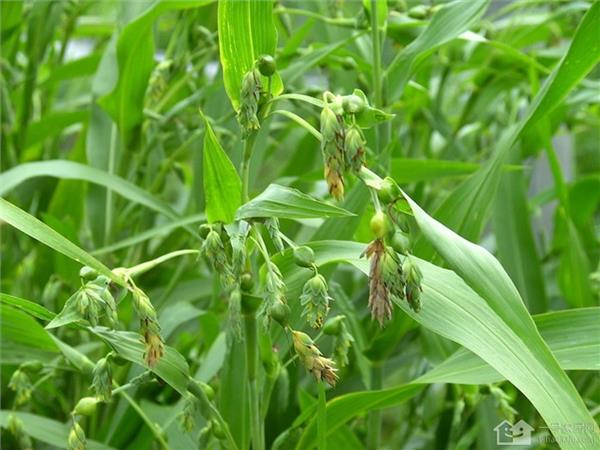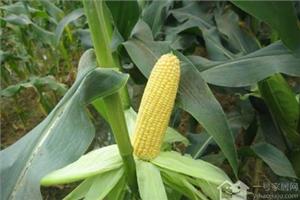Techniques for site selection of cultivated Coix seed Rice Wet growing method of Coix seed Rice
Coix seed rice is not eaten by people every day like rice, but it is a favorite food for many people. Why? First of all, Coix seed rice has medicinal value, its seed can be used as medicine, it has the effect of clearing heat and diuresis, and secondly, Coix seed rice has edible value. Coix seed rice can be used to cook porridge, clear intestines and other functions, as well as beauty and beauty. So the market of Coix seed rice is very broad, which leads to many people want to plant Coix seed rice. Since you want to plant Coix seed rice, you must first learn the planting technology of Coix seed rice in this literature.

I. selection of sites
Scattered plots or paddy fields on both sides of lakeside, river and irrigation canals can be planted, but the yield is high in clay soil with fertile land, deep soil layer and good drainage and irrigation conditions. Mountain slopes and sand dunes without irrigation are not suitable for planting. Applying circle fertilizer or soil fertilizer per mu is about 5000kg, ploughing 20~25cm deeply, raking fine and leveling, and making a flat bed 1m wide.
Second, wet cultivation method: more suitable for summer sowing.
The main results are as follows: (1) Seedling raising: the seedbed is made by similar methods of dry or wet raising of rice seedlings. The treated seeds are scattered in the seedbed in spring and the fine soil is covered with 2~3cm to keep the seedbed moist. After emergence, strengthen the management of water and fertilizer to promote its growth, waiting for transplanting. If you use seed 30~35kg per mu, you can transplant about 15 mu of seedlings per mu.
(2) transplanting: select the plot, fertilize and prepare the soil for transplanting. When the seedlings grow to 3-5 leaves, they can come out of the nursery, transplant them with soil and irrigate them immediately, and they will survive and turn green in 7-10 days.
(3) Water management: according to the principle of wet, dry, water, wet and dry management. The seedling stage should be watered frequently to keep the soil moist in order to make it grow early and grow quickly and have more tillers. From the tillering stage to the early jointing stage, it can not be often watered, it is better to be dry, which is beneficial to prevent excessive ineffective tillering, excessive growth of stems and leaves, control the overgrowth of plants and promote the sturdiness of basal internodes and developed roots. In the later stage of jointing, the soil moisture should be gradually increased and watered frequently. Attention should be paid to frequent irrigation at booting stage and grain filling stage to keep the soil moist, especially at heading and flowering stage, and sufficient water should be supplied to promote heading. Coix seed rice is a wet crop, which should be wet in management and master its wet habits. In the growing period, it should be wet in the early and late stage and dry in the middle stage. It is the key to increase production to strictly control the water source at tillering and jointing stage and make the land slightly dry. Other cultivation techniques are the same as the dryland cultivation method.
These are the basic planting techniques of Coix seed rice. Of course, in the later stage, we should pay more attention to the field planting management of Coix seed rice, such as proper fertilization, watering, especially adequate watering. And after the barley seed is jointed, it should be watered frequently to keep the soil fully moist. We know that the most important thing to pay attention to after planting plants is to prevent insects and diseases, and the planting of barley seed is the same. We should often go to the field to check the growth of barley seed.
Related
- Wuhan Hospital Iron Tree Blooming Result Was Instantly Frightened by the Gardener Master
- Which variety of camellia is the most fragrant and best? Which one do you like best?
- What is the small blue coat, the breeding methods and matters needing attention of the succulent plant
- Dormancy time and maintenance management of succulent plants during dormancy
- Minas succulent how to raise, Minas succulent plant pictures
- What are the varieties of winter succulent plants
- How to raise succulent plants in twelve rolls? let's take a look at some experience of breeding twelve rolls.
- Attention should be paid to water control for succulent plants during dormant period (winter and summer)
- Watering experience of twelve rolls of succulent plants
- Techniques for fertilizing succulent plants. An article will let you know how to fertilize succulent plants.



